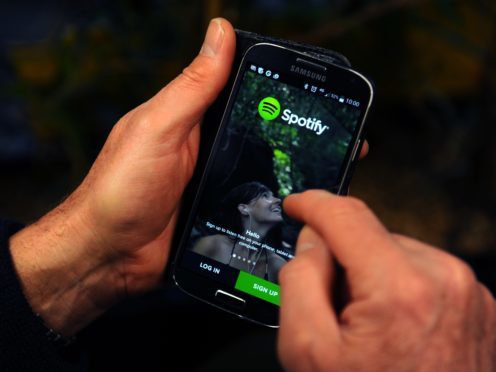The number of Britons illegally downloading music is falling, new figures show.
One in 10 currently download music illegally, down from 18% five years ago, and the number is expected to continue to decrease further, according to YouGov’s Music Report.
More than a third (36%) say using unverified sources to access music is becoming more difficult, and 22% of those that currently illegally download music do not expect to still be doing so in five years.

YouGov found 63% of those that have stopped illegally downloading music are now using streaming services.
One survey respondent said it was “now easier to stream music than to pirate it. And the cost is not prohibitive”, while another said: “Spotify has everything from new releases to old songs, it filled the vacuum.”
YouGov associate director Justin Marshall said: “While illegal downloads still present a significant challenge to the music industry, there appears to be some light at the end of the tunnel.
“Our research reveals a change in behaviour, with those that previously attained music by unlawful means now being enticed by the low costs and ease of use associated with streaming.
“Simply put, many don’t feel they need to go to the same lengths to acquire the music they want, now they have it at their fingertips. Whether or not streaming is what finally banishes illegal downloads remains to be seen, but there are encouraging signs.”
YouGov surveyed 4,009 UK adults between March 6-13.
